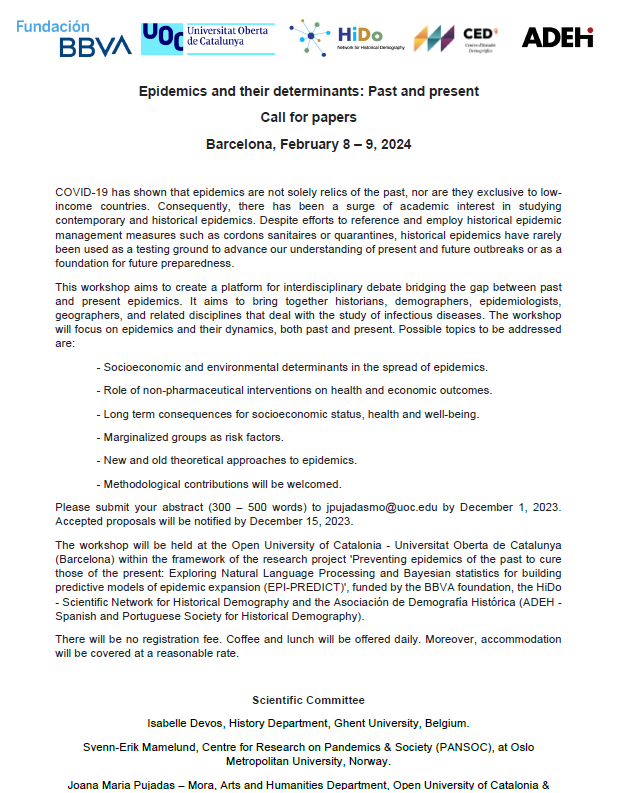New paper: Predicting COVID-19 exposure risk perception using machine learning

Nan Zou Bakkeli (Consumption Research Norway, SIFO, and affiliated with PANSOC) has just published a new research paper Predicting COVID-19 exposure risk perception using machine learning | SpringerLink in BMC Public Health, funded by PANSOC.
Abstract
Background: Self-perceived exposure risk determines the likelihood of COVID-19 preventive measure compliance to a large extent and is among the most important predictors of mental health problems. Therefore, there is a need to systematically identify important predictors of such risks. This study aims to provide insight into forecasting and understanding risk perceptions and help to adjust interventions that target various social groups in different pandemic phases.
Methods: This study was based on survey data collected from 5001 Norwegians in 2020 and 2021. Interpretable machine learning algorithms were used to predict perceived exposure risks. To detect the most important predictors, the models with best performance were chosen based on predictive errors and explained variances. Shapley
additive values were used to examine individual heterogeneities, interpret feature impact and check interactions between the key predictors.
Results: Gradient boosting machine exhibited the best model performance in this study (2020: RMSE=.93, MAE=.74,
RSQ=.22; 2021: RMSE=.99, MAE=.77, RSQ=.12). The most influential predictors of perceived exposure risk were compliance with interventions, work-life conflict, age and gender. In 2020, work and occupation played a dominant role in predicting perceived risks whereas, in 2021, living and behavioural factors were among the most important predictors. Findings show large individual heterogeneities in feature importance based on people’s sociodemographic backgrounds, work and living situations.
Conclusion: The findings provide insight into forecasting risk groups and contribute to the early detection of vulnerable
people during the pandemic. This is useful for policymakers and stakeholders in developing timely interventions
targeting different social groups. Future policies and interventions should be adapted to the needs of people
with various life situations

